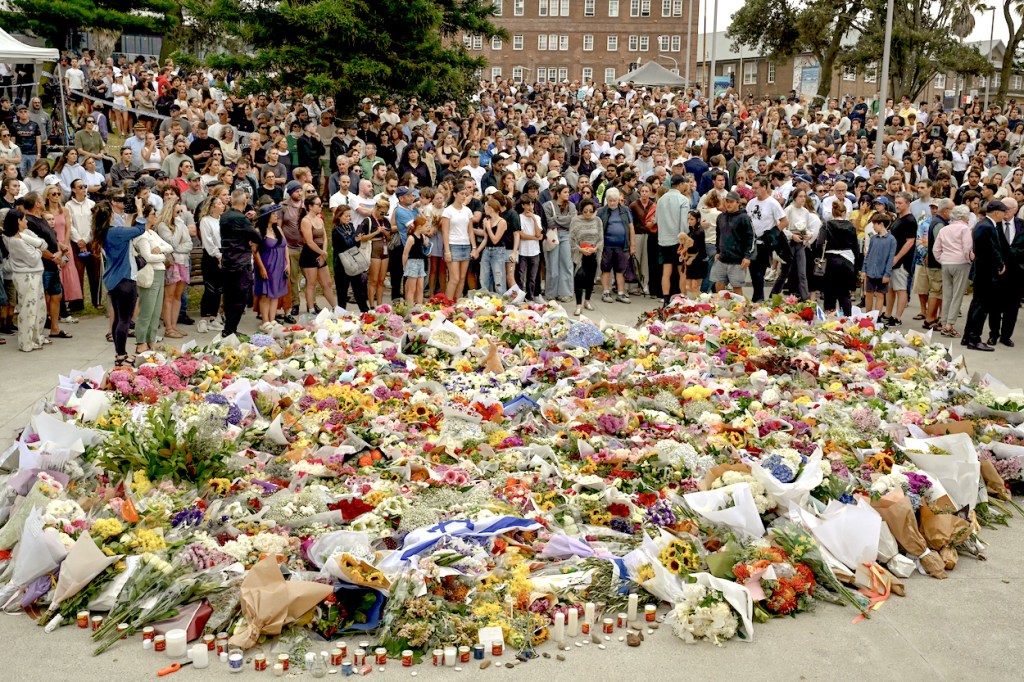Anyone who has the misfortune of stepping foot into a hospital recently will know how bad things are with the NHS, where the only good thing about the long waits is that they stave off the subsequent terrible treatment.
Still, it is helpful sometimes to see how other countries view our health service – which has for years been described by politicians as the ‘envy of the world’. In that vein, Mr S was alerted by Spectator commentator Susucat to a revealing article which was published yesterday by the Italian newspaper, Corriere della Sera, based in Milan.
In the piece, the paper’s correspondent, Luigi Ippolito, explains his experience of dealing with the NHS over the last 12 months after suffering from diverticulitis, a condition which affects the large intestine. Unfortunately, it seems that his experience was not a good one, going by the headline of his piece, which Google translates as: ‘My terrible experience with English health, the mad carousel where life is played.’
Explaining the NHS to Italians, Luigi points out that after feeling pain in his abdomen, he would have liked to have spoken to his doctor, but in England:
‘There is no possibility of calling a doctor. This is because in London there’s no basic doctor in charge of you: you are assigned to a public health centre and every time you find yourself in front of a different doctor, in a whirlwind where no one knows you and your medical history’
That can only mean one thing: a visit to A&E, which as he points out:
‘Everyone goes to… even for trivial things, because it is the only way to be seen by a doctor (and for this reason, A&E is a Dantesque circle of hell).’
When our Italian correspondent is finally seen, there is no room on a ward, so instead he spends the night on a stretcher in the emergency room.
The next day, he is moved to a ward, but things are not much better there:
‘First of all, the English hospitals are entirely run by nurses: doctors are a mirage, they only appear once a day for a few seconds, then disappear. Secondly… nurses and doctors come from the four corners of the world, except from England… It is not a question of being xenophobic, or worse racist, but even newspapers here have highlighted that there is no real verification of the qualifications, obtained abroad, of these health personnel: so you are in the hands of doctors and nurses that only God knows where and how they were trained.’
After not being seen by a doctor for two days, Luigi confronts someone in the corridor. They check a computer and find out that someone had forgotten to register him, so no one knew he was there. As he points out, what would have happened if someone elderly had been forgotten in this way?
Unfortunately, things do not improve in subsequent visits to the hospital, where he spends another night on a stretcher and at one point his antibiotic treatment is stopped by mistake.
Eventually, our hero finally snaps and, fearing for his life, is forced to shell out around £10,000 for private healthcare.
He concludes that the English are trapped ‘between Scylla and Charybdis: a public health system that is falling to pieces and a private one that costs an arm and a leg.’
Mr S is inclined to agree…
There have been plenty of people who have made excuses for the NHS over the years. But when a country with a lower GDP per capita and an even older population than us is starting to notice how bad things are, it really does underline how much the NHS is falling apart…








Comments